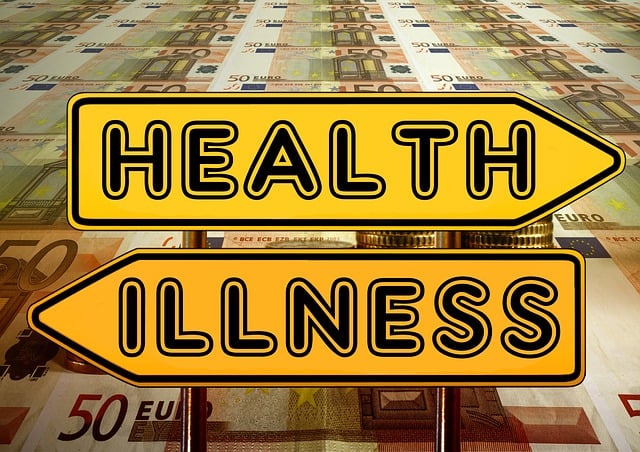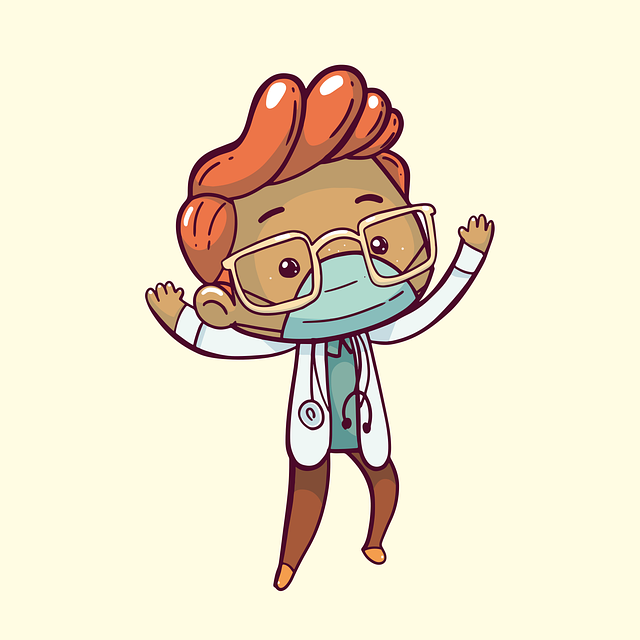In South Africa, understanding the distinction between Medical Aid and Health Insurance is vital for choosing suitable healthcare coverage. While Medical Aid, a private, not-for-profit scheme with monthly premiums, offers comprehensive benefits including hospitalisation, specialist care, and wellness programs, Health Insurance provides affordable, flexible plans with universal access, catering to diverse budgets and focusing on specific medical expenses. Key differences lie in structure (private vs. public), funding, coverage scope, and cost, impacting accessibility and suitability for individual needs.
In South Africa, understanding the distinction between Medical Aid and Health Insurance is crucial for navigating healthcare options. While both provide financial protection, their approaches differ significantly. This article offers a detailed breakdown of each, exploring key features, benefits, and distinct characteristics. By examining the nuances of Medical Aid vs Health Insurance, individuals can make informed decisions to best suit their healthcare needs in South Africa’s dynamic landscape.
- Understanding Medical Aid: A Comprehensive Overview
- Health Insurance in South Africa: Key Features and Benefits
- Key Differences Between Medical Aid and Health Insurance
- Choosing the Right Option for Your Healthcare Needs
Understanding Medical Aid: A Comprehensive Overview

Medical Aid in South Africa is a form of private health coverage designed to provide members with access to a range of healthcare services. It operates as a not-for-profit organisation, where members contribute monthly premiums to cover their medical expenses. The key advantage lies in its comprehensive nature; Medical Aid schemes typically include hospitalisation, specialist consultations, diagnostic tests, and various wellness programs. Members enjoy peace of mind knowing that they have access to quality healthcare services without the financial burden often associated with out-of-pocket payments.
Unlike Health Insurance, which is more focused on covering specific medical costs like doctor visits or prescriptions, Medical Aid offers a broader spectrum of benefits. It encourages preventative care through regular check-ups and screenings, ensuring members stay healthy. Additionally, Medical Aid schemes often include prescription drug coverage, in-patient treatment, and emergency medical evacuation services, making it a comprehensive solution for individuals and families seeking long-term health security. When choosing between Medical Aid and Health Insurance, understanding these distinctions is crucial for selecting the most suitable option to meet one’s healthcare needs.
Health Insurance in South Africa: Key Features and Benefits

In South Africa, health insurance plays a pivotal role in ensuring access to quality healthcare services. When compared to Medical Aid, health insurance offers distinct advantages and benefits tailored to meet diverse needs. One of the key features is its affordability; individuals can choose from various plans designed for different budgets, making healthcare more accessible. Health insurance policies often cover a wide range of medical expenses, including hospital stays, doctor’s visits, and essential medications.
Additionally, health insurance provides flexibility in terms of choosing healthcare providers. Policyholders are not limited to specific hospitals or doctors within a network, allowing them to access the best care available. This freedom is especially beneficial for those living in rural areas or seeking specialists not covered by their Medical Aid plans. Moreover, many policies include preventive care benefits, encouraging regular check-ups and screenings to promote overall well-being, which is a significant advantage when distinguishing health insurance from Medical Aid.
Key Differences Between Medical Aid and Health Insurance

In South Africa, understanding the distinction between medical aid and health insurance is crucial for individuals seeking healthcare coverage. While both offer financial protection against medical expenses, they function differently and cater to varied needs. Medical aid is a type of private healthcare scheme, typically offered by employers or purchased individually, which focuses on providing access to a network of hospitals and specialists. Members enjoy benefits like pre-authorised treatments, reduced rates with preferred service providers, and often include additional perks such as dental care and chronic disease management. On the other hand, health insurance is a form of public healthcare coverage, funded by contributions from all South Africans, ensuring everyone has access to essential medical services. It covers a broad spectrum of treatments, including hospital care, doctor visits, and prescribed medicines, with specific plans catering to different demographics and needs.
The key differences between Medical Aid Vs Health Insurance lie in their structure and funding. Medical aid relies on private partnerships and contributions, offering personalised coverage with a focus on preventive care and preferred service providers. In contrast, health insurance is publicly funded, providing universal access to healthcare services and ensuring affordability for all citizens. Understanding these distinctions is vital when choosing between medical aid and health insurance, as it impacts the level of coverage, cost, and accessibility of healthcare services in South Africa.
Choosing the Right Option for Your Healthcare Needs

When it comes to planning for your healthcare in South Africa, understanding the distinction between medical aid and health insurance is pivotal. Both play a crucial role in ensuring access to quality medical care, but they function differently. Medical aid is a long-term savings plan where members contribute funds regularly, often through their employers, to cover various healthcare expenses. It provides a comprehensive range of benefits, including hospital stays, medical procedures, and prescription drugs, with options for different levels of coverage.
On the other hand, health insurance is typically designed to meet short-term or specific needs. Policies can be bought individually or through employers, offering financial protection against unexpected medical bills. Unlike medical aid, health insurance usually covers emergency care, in-patient treatment, and some outpatient services, with specific exclusions and limitations. The choice between these options depends on personal circumstances: medical aid might be more suitable for families seeking holistic healthcare coverage, while health insurance could be preferred by individuals or short-term visitors requiring immediate protection against medical expenses.
When navigating the healthcare landscape in South Africa, understanding the distinction between medical aid and health insurance is essential. While both offer financial protection for medical expenses, they function differently. Medical aid schemes are typically employer-driven or privately purchased, focusing on comprehensive healthcare coverage within a specific network of providers. Health insurance, on the other hand, offers more flexible options with various plans catering to different needs and budgets, often allowing individuals to choose any healthcare provider. When deciding between these two, consider your personal health profile, preferred healthcare providers, and financial situation to ensure you select the option that best aligns with your healthcare requirements in South Africa.

